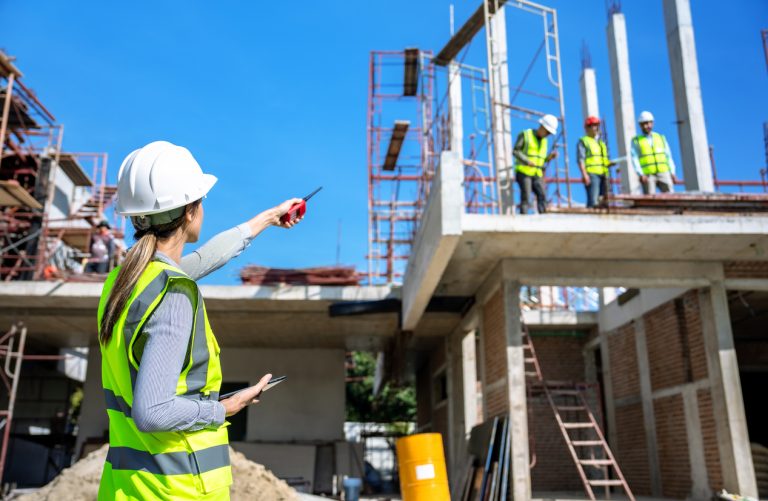We have come a long way with safety. If you journey back to the year 1960 and walked a construction jobsite, you would see very different work conditions than you see today. Hard hats were not mandatory yet and PPE (personal protective equipment) wasn’t the common three-letter jobsite acronym that it is today. Workers would be hanging from the top of buildings, with little gear to protect them. We have certainly come a long way, right?
Yes and no. The reality is every year, one in 100 construction workers still get hurt bad enough to need time off work. We see worker deaths in America are down from about 38 worker deaths a day in 1970 to only 15 a day in 2019. That is certainly progress, but it is still too many if you ask me. What can be done to address this further?
Here at Constructech, we have written many articles about steps we can take to create a safer jobsite including articles about working in the heat, site safety, being aware in work zones, and so much more. We need to take the right steps and put the right programs in place to ensure greater safety, but before we do any of that, we need one key thing: culture. We need to create a culture of safety if we want to be successful.
Let’s consider a recent whitepaper. JLG Industries is one company that recognizes the importance of creating a culture of safety in the construction industry and recently released a new whitepaper called Adopting a Culture of Safety, which highlights six steps companies can take to create a safe and productive workplace.
Perhaps the biggest takeaway from this whitepaper is that it suggests companies need to move beyond simply following OSHA (Occupational Safety and Health Admin.) standards, wearing PPE, and watching training videos. Moving above and beyond, companies need to have a culture that gets to the heart of safety. They need to be driven to learn and improve when mistakes do happen.
This can be done in myriad ways. The whitepaper looks at some key areas including how to adapt EH&S (environmental, health, and safety) programs to meet safety expectations, implement strategies for training, coordinate successful shift-to-shift handoffs, plan for emergencies, use signage to keep people informed, and regroup to prevent repeat mistakes.
In our report, Who Is the Worker of Tomorrow, we unpacked that today’s adaptable organizations are creating a culture of wealth and growth that offers a flexible work environment, upskilling, continued education, and fosters greater diversity and shared safety.

Culture, then, becomes the key to creating safer construction workplaces. We see safety must start with culture. And then, from there safety must also be embedded in all layers of the culture to prosper in the construction industry. Do you agree?
Want to tweet about this article? Use hashtags #construction #IoT #sustainability #AI #5G #cloud #edge #futureofwork #infrastructure #safety


